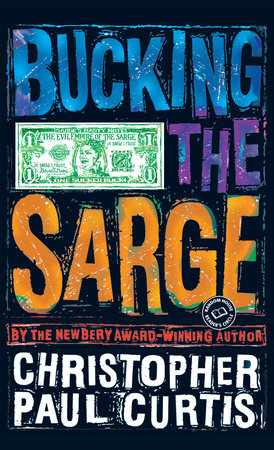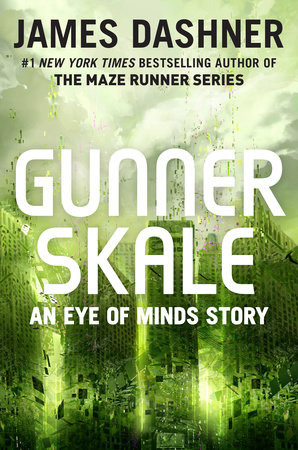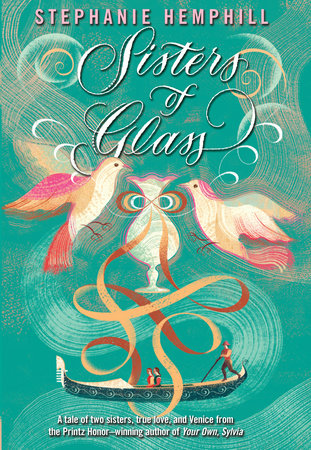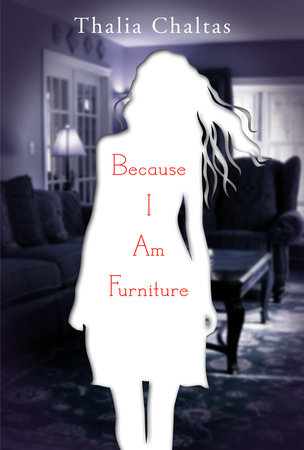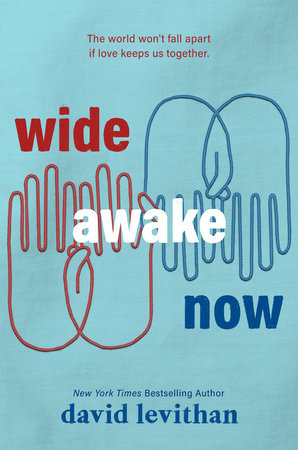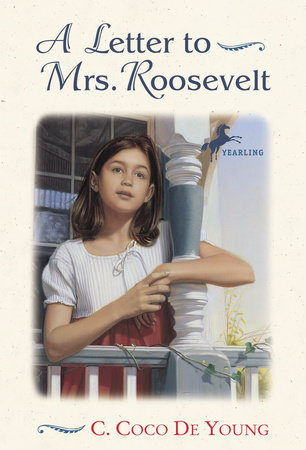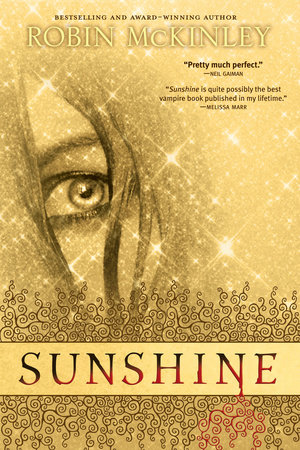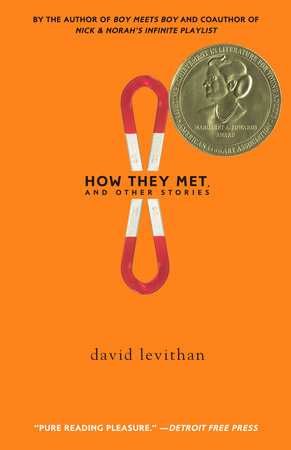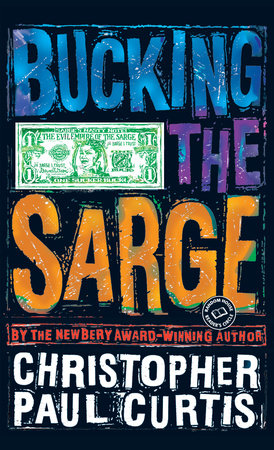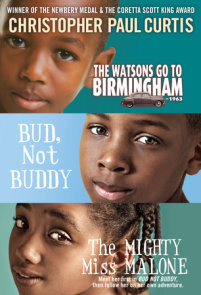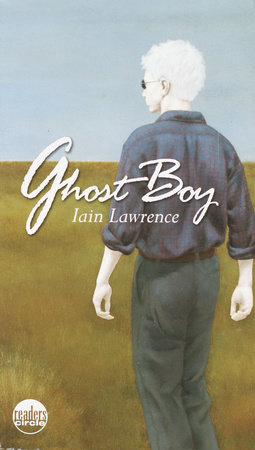Author Q&A
Q. What inspired you to write this story? Why did Luther appeal to you as a protagonist?
A. Different writers do things differently. Maybe another author can tell you exactly what inspires him or her to write a particular story; I honestly can’t. I think the genesis of Bucking the Sarge came when I had an apartment in Flint that was next door to a group home for developmentally challenged adults. When I’d come home from work I used to see a young man, probably thirteen or fourteen, who would sit on the front porch of the home for hours. He wasn’t a resident; his mother worked there, and for whatever reason, she felt it was best to have him close at hand. I remember thinking at the time that his was a rough life. He stayed in a dark corner of my mind for many years.
Then in the late nineties there was a lot of talk of corporate malfeasance, and the guilty parties seemed like ordinary people who made horrible decisions. Their rationale was often that they were simply trying to make more and more money. And, sad though it is, money is one of the main ways a person’s value is measured in our society. These men (and they were pretty exclusively men) were greatly admired; they were pillars of society and they were very powerful individuals. They were also cheats and thieves.
I understood their greed and imagined what a smaller scale version of them would be. Around the same time, the little fellow from the group home came out of the shadows and popped back into my mind. From there it was a small step to combine the corporate criminals and the kid and come up with the Sarge.
I’m not so sure I can say Luther T. Farrell “appealed” to me as a protagonist. That question implies I had some type of conscious control over who was telling the story and why. Luther chose me and I simply took notes for him. Once I got to know him, I did like him; he kind of grew on me.
Q. Is this story at all autobiographical? Did you base any of the characters on people you know?
A. I think all of my characters are amalgams of people I know, myself, people I might like to know, and people who simply serve to advance the story. Usually, with my writing, the larger the role a character plays, the more of an amalgam he or she is. There might be minor characters that are, in my eyes anyway, pretty accurate descriptions of particular people, but this very fact limits my use of them and their usefulness to the story.
Q. Why is Luther so interested in philosophy and in science and the science fair? Does this reflect your own interest?
A. I believe (and just because I’m the author doesn’t mean I am the final authority on this) that one of the really great things about reading, as opposed to television and movies, is that the reader himself or herself provides so much of the background story and meaning of everything. Whew! Let me start again. I believe Luther uses philosophy and science as tools to answer and frame some of the really big questions in his life.
His love of science is due to the fact that it is a pretty much hard-and-fast subject; it provides certainty. And certainty is something that Luther sorely needs after years of dealing with the Sarge’s quibbling, rationalizing, and constant justifications for bad behavior. Luther is sick of seeing the grays of life and wants to be assured that something is either black or white. Science does this; it can prove or disprove something with an experiment. Personally, my highlight in a science fair was the same vinegar and baking soda volcano that Luther scoffs at in the story. I used to read Popular Science and other such magazines, but I think that came less from an interest in science and more from an interest in deciding what color my flying car would be when everybody had one, which the magazines promised would be by 1988.
As far as philosophy is concerned, Luther will probably someday be truly interested in philosophers and their complex world of thought, but it seems to me that right now he is really more interested in aphorisms than actual philosophy. I think he uses these general truth-based sayings as a compass, as a way of introducing a sense of moral structure into his life.
I probably fall into the same camp as Luther. I think I’m more of an aphorism-type guy. Some very talented people have the tremendous skill to be able to sum up so much of life in a few words. I think one of the greatest of these aphorist-philosophers is Mark Twain, and my favorite of his is “First God created idiots. That was for practice. Then He created school boards.” Wow! In light of much of the business that school boards have been involved in recently, that is a great saying that is made even greater by the fact that it was written more than a hundred years ago.
Q. At times the Sarge seems to want Luther to succeed. She trades money for a first prize for him in the science fair, and on page 102 she tells him what motivates her. Do you think she has any just reason for treating Luther the way she does?
A. First, we have to keep in mind that Bucking the Sarge is a story told in the first person. As such, it is essentially one person’s view of the events that occur. I don’t think the Sarge is the ogre that Luther paints her to be. I think if we read between the lines we see that her very raison d’être (How’s that for the use of a language by someone who took nearly thirty years to graduate from third semester French? Are we all impressed? Oui, oui! It means reason for being or reason for existing) is to make sure her child doesn’t end up in the way so many of his peers will. She has experienced and seen firsthand the trap that lies in wait for many African American, Hispanic, Native American, and other children. She has analyzed the situation and feels that the only sure way out of this trap is money. She knows the difference cash makes in our society, and even though she also is obviously bright enough to see that education is important, I think she feels that if the money is there, the education will take care of itself.
I think she’s hit the nail squarely on the head. Her aim is to improve Luther’s life through increasing their economic clout; this she does. She clearly makes bad decisions, but we are catching this picture of her empire building in a nascent stage. Given time, if she continues to amass the benjamins, I’m sure she’ll do what so many “great” Americans have done: she’ll serve on the right boards of directors, she’ll give conspicuously to the right charities, and she’ll eventually cover her semi—ill-gotten wealth in a cloak of respectability. The MREs, the insurance scams, the loan barracuda-ing, the government agency fraud all will eventually be forgotten and she will be celebrated for being a model citizen. I mean, if we can celebrate “America’s first black woman millionaire,” Madam C. J. Walker, who made her fortune capitalizing on black self-hatred by selling hair straighteners and skin bleachers, but who eventually did much good with her money, can the Sarge be far behind?
Q. As you were writing Bucking the Sarge, who was your favorite character?
A. I think complex characters are always the most fun ones to read about and to create, and who in this book is more complex than the Sarge?
Is she evil? Hardly. Is she misguided? Thoroughly.
Q. What was the most difficult part of writing this book?
A. Hard question to answer. I so completely love writing that there aren’t many parts of it that I would describe as difficult. Maybe my least favorite thing, and keep in mind that this is relative, would be reading the first letter I get back from my editor, Wendy Lamb. I’ve noticed a pattern: on the first page she tells me what she likes about the book, and on the next forty or fifty pages she breaks down the book’s “problems.” So I read the first page, then set the rest aside for a couple of weeks before I’m up to looking at it.
I think Bucking the Sarge took a long time to write not because of any difficulties but because my work ethic changed. Writing, for me, is a lot like a physical activity, in that it’s possible to fall in and out of shape. Just like with playing basketball or any other sport, if you lay off for a while, it takes time to get back in condition. I stopped looking at my writing as a job in the sense that it was something I’d do nearly every day; instead, I wrote when I felt like it. This would lead to three-or-four-week periods when there was no writing and I’d fall out of shape. When I’d pick up the book and start writing again, I’d find that I’d lost the pitch of the voice I had when I’d quit. It would take me a while to get that voice back; then the whole process would repeat itself. I learned a valuable lesson.
Q. What do you think Luther will be doing in two years? What do you think Sparky will be doing? What will happen to KeeKee and Bo?
A. Many times when I speak to students about my books, I’m asked, “What happened to So-and-so . . . ?” I always reply, “Just because I wrote the book doesn’t mean I know the right answers.” Most times, for a question like this, there aren’t any right or wrong answers. This is one of the things that makes reading so special–we all contribute mightily to our own understanding of what happens.
In my opinion, their fates two years down the road will be drastically different. There is no doubt in my mind that Luther will be thriving. If we take the foundation that the Sarge has given him and the cushion of his cash and add them to his own drive and ability to get things done, I think we have a recipe for success. I think Luther has been primed to accomplish anything he wants to. Say what you will about the Sarge, but I think she did prepare Luther for life.
Sparky’s future is on much shakier ground. So much of what we turn out to be is established when we are young, and is influenced by the older people in our lives. Unfortunately, Sparky’s early life wasn’t all that positive. The foundation he’s operating on is nowhere near as solid as Luther’s. I think he will have moved to Florida with Luther, but I also think he’ll discover that problems are extremely difficult, if not impossible, to run away from. I think Sparky’s on a quest for the easy way out, a quest that often leads to the hard things in life.
KeeKee’s and Bo’s lives will probably be even harder than Sparky’s. While it would be great to imagine they will use their love for each other and their strength to prosper, the odds say that just won’t happen. Children born in poverty are at a tremendous disadvantage when compared to children born in comfort or affluence. The smallest things that a person with money takes for granted are of a different world for so many poor children. Is that to say that poor children can never do well? Of course not. But they will have to travel a road infinitely more difficult and treacherous than a child who “has.” This is one of the reasons we should be very careful about making thoughtless statements such as “All ‘they’ have to do is try harder” or “‘They’ are so lucky to be in America, ‘they’ just need to take advantage of all the things that are offered to them.” With that in mind, I’m afraid that the next two years, and the years that follow, for Bo and KeeKee will not be times of celebration.
Q. All three of your novels have been set in Flint–The Watsons Go to Birmingham–1963 in the 1960s, Bud, Not Buddy in the 1930s, and Bucking the Sarge in the present. Why do you think Flint is such a rich source for you?
A. Why not Flint? Every city and town has a million untold, interesting stories. I think they just need a witness or novelist or storyteller to bring them out and tell them in the proper way. Many times students will tell me that nothing exciting ever happens in their lives and that there is nothing for them to write about. I tell them that’s nonsense. Even the most mundane life is interesting and unique because there is no one else on Earth, Pluto, or Mars who has ever lived life the same way or reacts the same way. I can proudly say, “There is no one else in Flint who has lived the life I have.” But so can Trey of Bloomfield Hills, Michigan, or Akbar of Galesburg, Illinois, or Chelsea of Windsor, Ontario, or Richie’s daughter of Sebastopol, California. It’s an accident of birth that I write about Flint, but it is no accident that I find so much about my hometown to be beautiful and worth writing about.
Q. What do your “Flintstone” friends and family think of the picture of their town in your novel?
A. I have gotten no feedback on my writing about Flint from fellow Flintstones. I think there are several reasons for this. First, I don’t see many of my old friends and acquaintances anymore, so I’m not around to get any feedback if there is indeed any. Some people may agree with what I have to say about Flint today. If someone objected to my view, I would say that I don’t believe my writing about Flint is negative; I try to portray my hometown in an honest way, scars and all.
But I think I’d be the last one to hear anything negative about my writing, which pertains not only to comments about Flint. People who strongly dislike my writing wouldn’t come out to hear me speak, and most people consider it rude to say anything negative about another person, especially if that person is around to hear what they have to say! So I imagine if there is a negative comment about my writing on Flint, that one person, besides being a complete loser and idiot, will probably say it behind my back. Which is fine with me. I’d prefer believing my writing is universally adored. Sure, that’s delusional, but what’s a man got if you take away his dreams?
Q. Do you plan to write about Flint in your future books?
A. I’m sure I’ll branch out, but there are still so many stories that can be told about Flint. And what is it that that great football coach, whose name escapes me at the moment, once said? “Go home from the dance with the girl who brung ya.” I think Flint has brung me a long way, so I’ll continue to be loyal.
